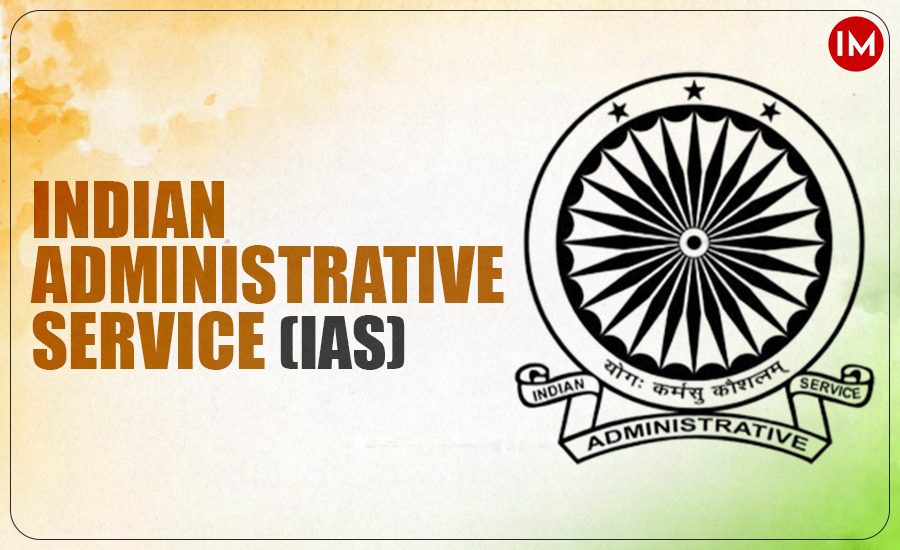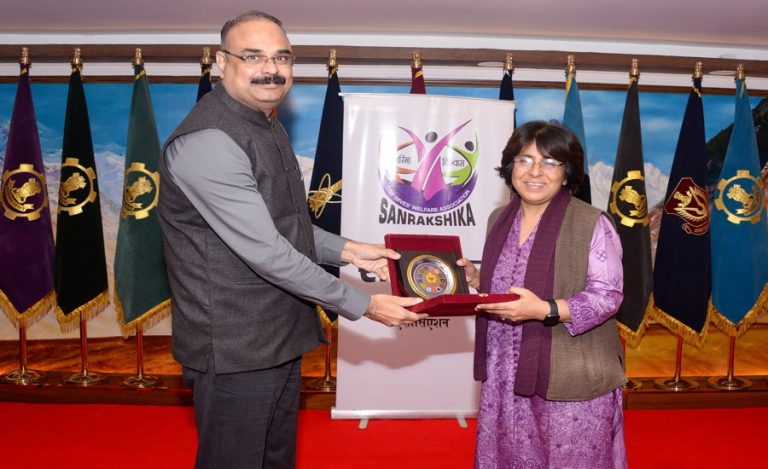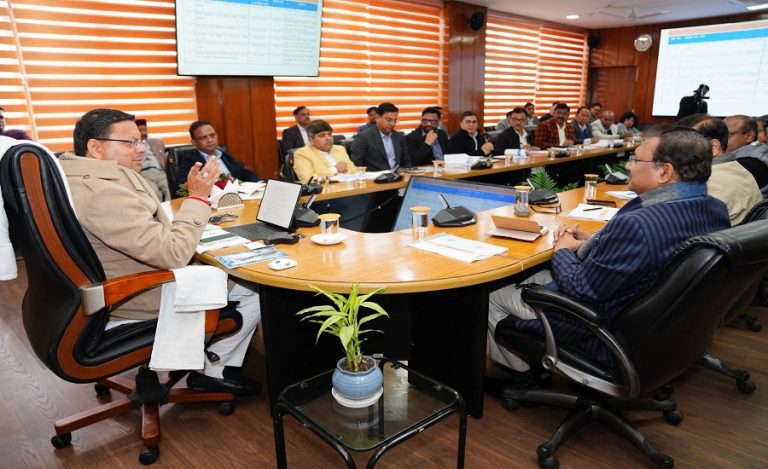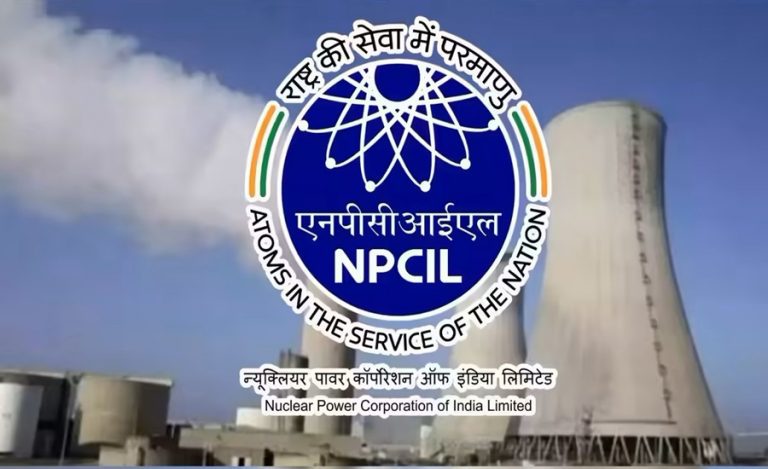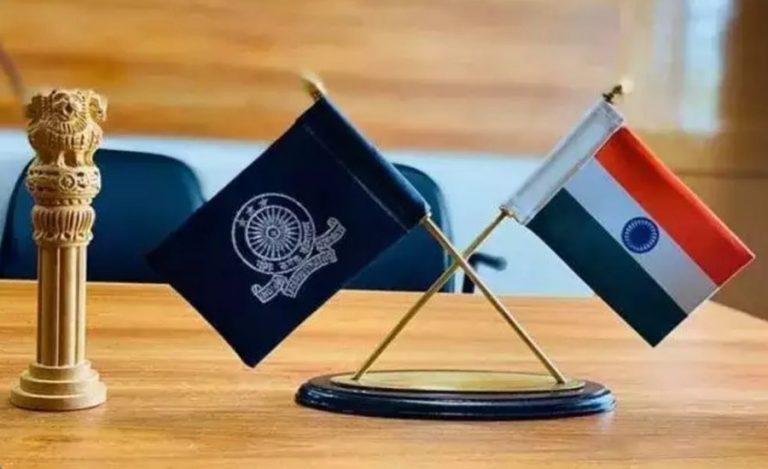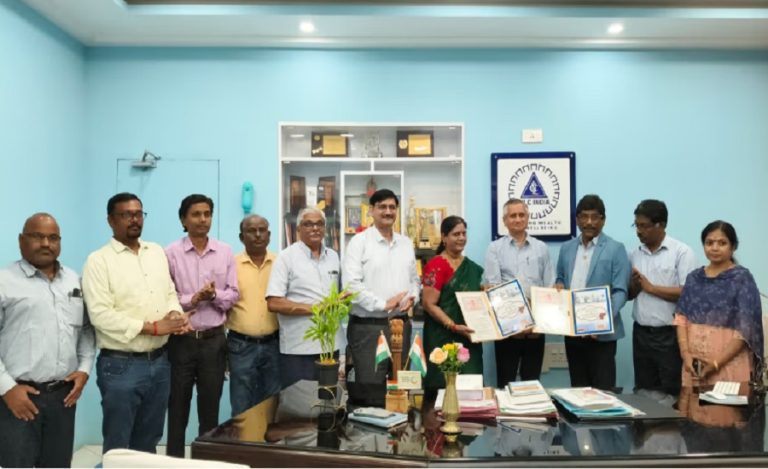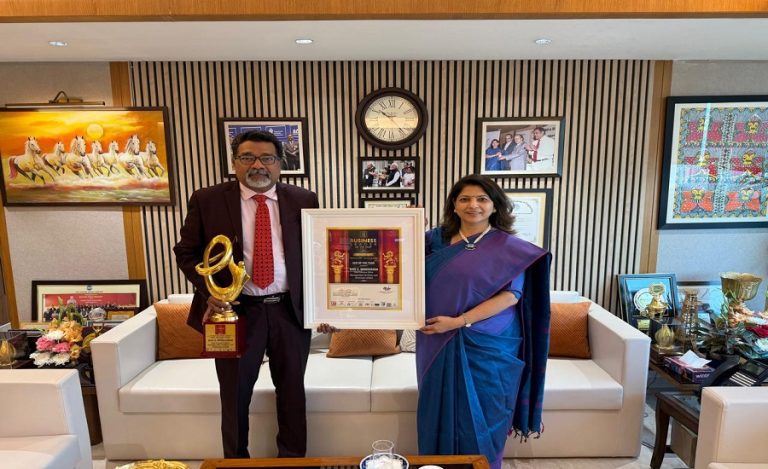Lucknow/New Delhi: The steadily shrinking representation of Indian Administrative Service (IAS) officers from the Uttar Pradesh (UP) cadre in the central government has raised concerns across bureaucratic and political circles. Once a dominant force in national administration, UP’s influence appears to be on the wane.
Only Four UP-Cadre IAS Officers at Secretary Level
As of now, only four IAS officers from the UP cadre are serving in secretary-level positions at the Centre:
- Devesh Chaturvedi (1989 batch), Secretary, Department of Agriculture
- Archana Agarwal (1990 batch), Member Secretary, NCR Planning Board
- Kamran Rizvi (1991 batch), Secretary, Heavy Industry
- Nivedita Shukla Verma (1991 batch), Secretary, Chemicals and Fertilisers
Notably, there are no secretary-level officers from the 1992, 1993, or 1994 batches, apart from Amit Ghosh (1993 batch), serving as Additional Secretary in the Ministry of Social Justice and Empowerment.
A Sharp Contrast to the Past
Uttar Pradesh, which has the largest IAS cadre in India with an authorised strength of around 620 officers, once held a significant presence at the Centre. Many past cabinet secretaries hailed from the UP cadre. The steep decline in representation marks a significant departure from that era.
Empanelment and 360-Degree Appraisal System Under Scrutiny
A key reason cited for the drop is the 360-degree appraisal system introduced in recent years for empanelment at senior levels. The system, based on anonymous feedback from seniors, peers, and juniors, is considered by many to be non-transparent and subjective.
“The 360-degree system is opaque and needs to be reviewed,” said Alok Ranjan, former Chief Secretary of Uttar Pradesh, while speaking to a prominant media organization. “How can a UP-cadre officer who was selected for the Prime Minister’s Award not be considered fit for empanelment?”
NOCs and Deputation Roadblocks
Another contributing factor is the denial or delay of No Objection Certificates (NOCs) for officers who seek deputation to the Centre. Some officers, sources say, are either not relieved by the state or are blocked at the initial stage itself.
“We don’t want to allow good officers to leave. We need them in Uttar Pradesh,” admitted a senior official.
Delayed Promotions Add to the Bottleneck
Promotions within the state have also been delayed. While other states have promoted 1995 batch officers to the Additional Chief Secretary (ACS) rank, UP is yet to clear promotions for the 1993 batch, despite recommendations from the Departmental Promotion Committee (DPC).
Future Uncertain
Unless procedural and structural bottlenecks are addressed – including empanelment processes, NOC policies, and promotion delays – experts warn that Uttar Pradesh may soon find itself with no representation at the top tiers of the central bureaucracy.

